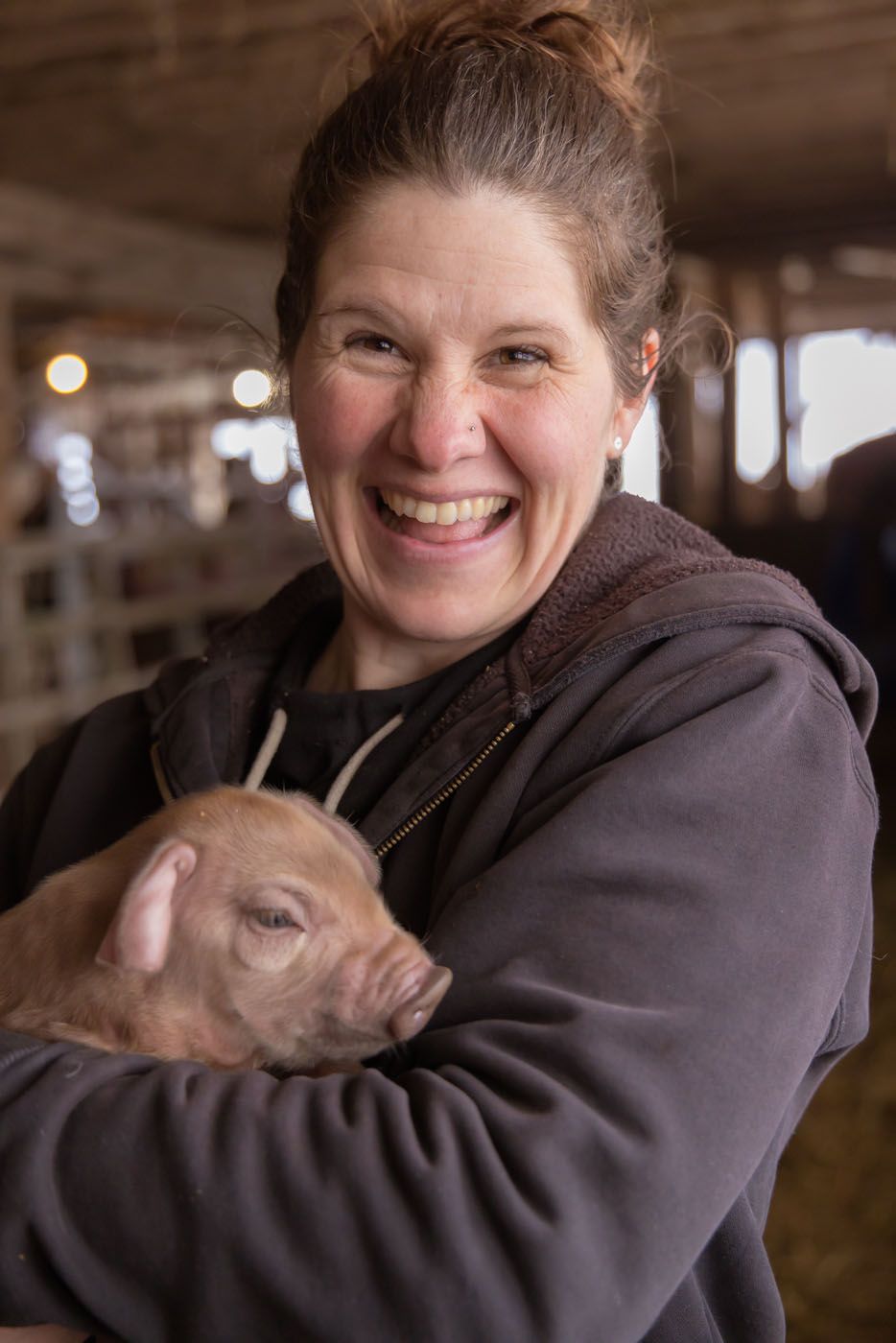LG to Present ESG Vision for a Better Life for All at CES 2023
LG Electronics will operate The Better Life for All zone at CES 2023 to showcase its latest innovations. LG Electronics (LGE) will be putting the spotlight on its continuing commitment to sustainability at CES 2023, showcasing its ESG vision and latest, impactful innovations in an exclusive exhibit dubbed the Better Life for All zone. The Better Life for All zone […]
Continue Reading








